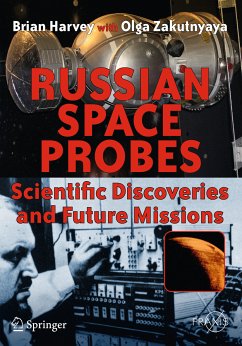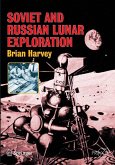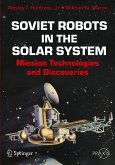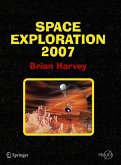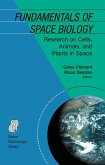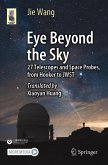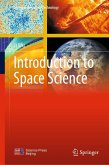Dieser Download kann aus rechtlichen Gründen nur mit Rechnungsadresse in A, B, BG, CY, CZ, D, DK, EW, E, FIN, F, GR, HR, H, IRL, I, LT, L, LR, M, NL, PL, P, R, S, SLO, SK ausgeliefert werden.
"This well-researched book begins with a discussion of early Soviet balloon flights, followed by coverage of the Sputnik era and the Soviet lunar, Venus, and Mars probes. Harvey ... and Zakutnyaya, a science journalist, provide good descriptions of numerous Soviet experiments related to space biology and materials science. ... Overall, the book provides an excellent account of the extensive scientific results/accomplishments of Soviet space programs. ... An important contribution to the history of space science. Summing Up: Highly recommended. All readers." (A. M. Strauss, Choice, Vol. 49 (3), November, 2011)
"The country's descent from technological and scientific dominance is clearly demonstrated by this book, which summarizes in considerable depth the scientific missions and discoveries made by the former Soviet Union. ... the entire book is taken up with descriptions of scientific endeavours undertaken during the 1960s and 1970s. ... This well-researched volume provides a valuable account of many experiments and missions which have previously been poorly documented in the West." (Peter Bond, The Observatory, Vol. 132 (1227), April, 2012)

